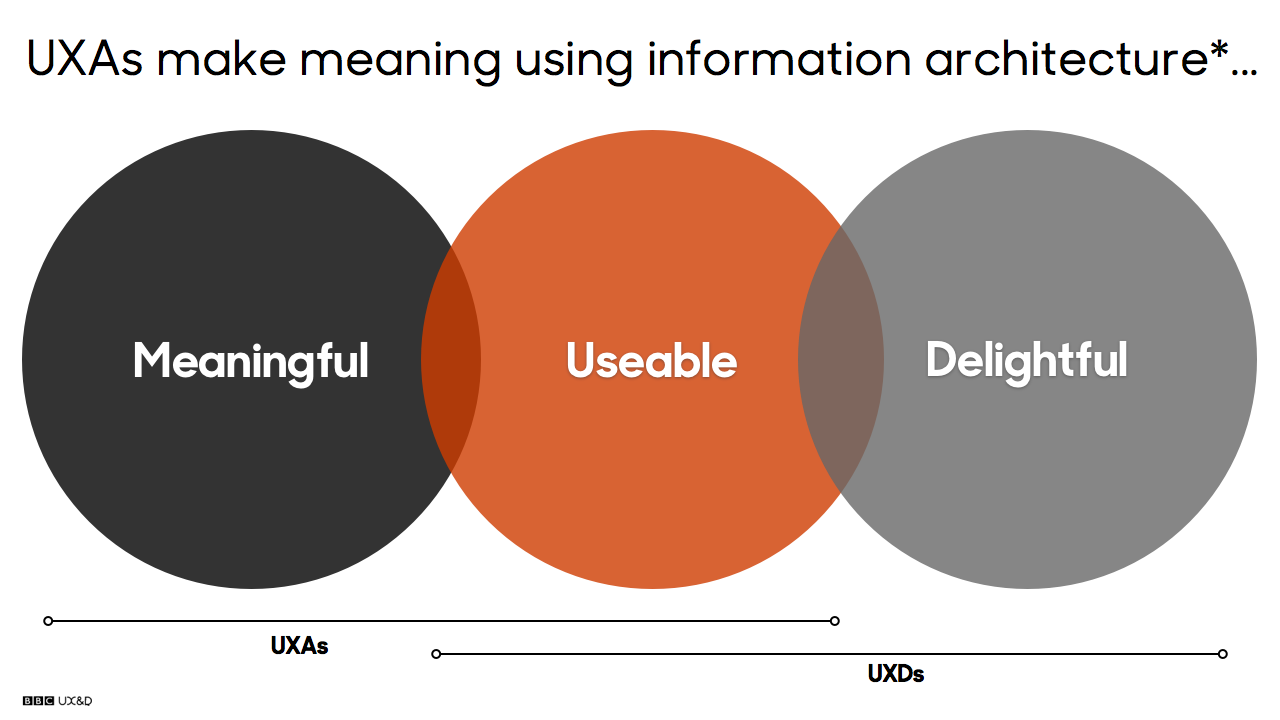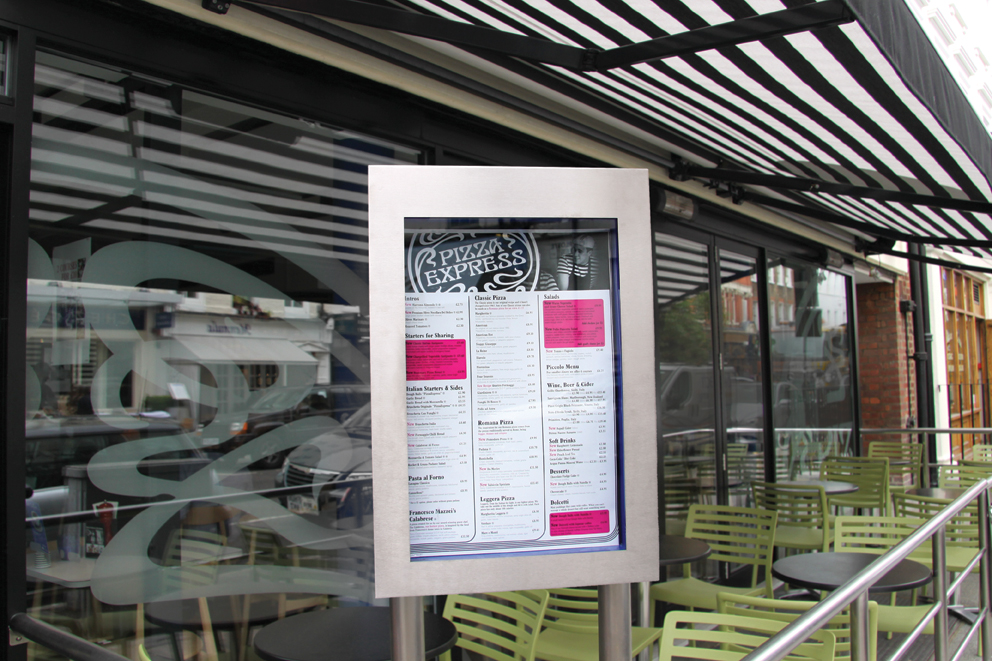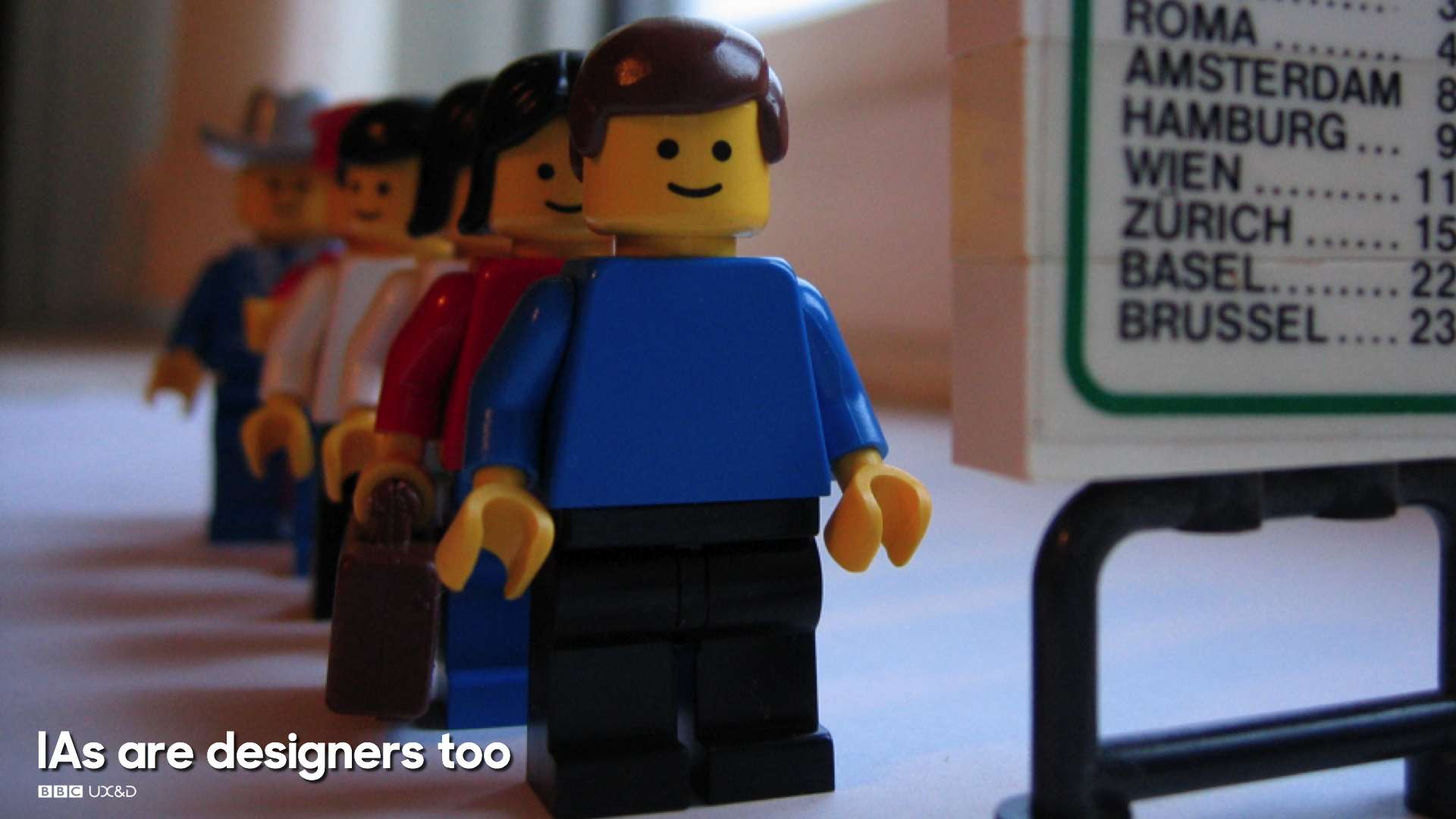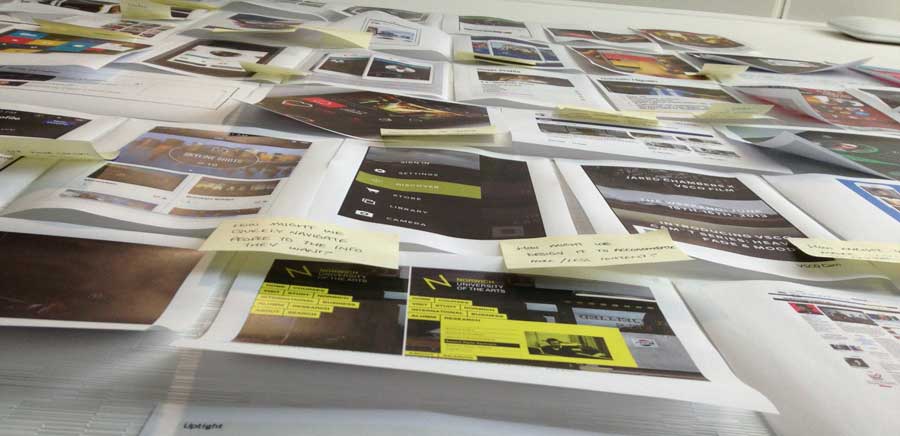-
Curations in space and time

Information architecture is preoccupied with space. I work hard to understand the shape and nature of the information spaces I create online. I work even harder to try to imbue these spaces with meaning, making sense of the content individually and considering what will happen when these pieces are combined into a whole. I want to create…
-
What’s a UXA?

I’m a User experience architect or UXA. UXAs are part of the BBC design team, but it’s a job title that can sometimes be difficult to decode – as I’ve learned when trying to describe what I do to family and friends. It’s fairly easy to imagine what a designer might do, but a user…
-
Content discovery and consumption – delivering the virtuous circle

The main challenges for online audiences of the future (and content publishers) isn’t finding content, it’s finding (and recommending) the right content. The homepage is dead. Or perhaps now every page is a homepage. But what does that tell us? This post is about three stages of the user experience – content discovery, consumption and…
-
Designing navigation – the information to affordance ratio

When you’re designing navigation you need to keep in mind that on the web, signposts don’t just point, they also transport. The last time I had a big ‘navigation’ job on, I wrote about this. I observed that links on the web describe a destination and provide the means by which to travel there. Navigation…
-
UXAs at the BBC – The horizontal discipline

IAs are the connective tissue that connect and combine ‘verticals’ into experiences. Being a UXA is a difficult job and it requires a specific skill-set and mindset. But to be truly effective, the difficult challenges are the ones that we need to seek out. And we need to take responsibility.
-
IAs are designers too – World IA Day 2014

[fancy_headline]On February 14th 2014 I spoke at World IA Day in Bristol. I talked about how an IA-mindset that can be shared across UX teams and organisations to seed IA-thinking throughout products and services. Rather than focus on the practice and process of IA, I wanted to talk about how IA theory can have an…
-
Spaces vs. Places – structures in information architecture
Since I joined the BBC’s knowledge and learning team I’ve been exploring the concept of “real-world information architecture”. It’s a term I inherited, and I’ve never been entirely satisfied that there’s a shared definition of what it means. I’ve struggled to create a definition, but I think over the years I’ve been thinking about it,…
-
Design sprints and service design

Previously I’ve written about design sprints and the lessons I learned from using them over two projects. This post is about the third time I’ve used design sprints, a five-day process of rapid idea generation and testing. For this project we combined the design sprints and service design tools to arrive at something that I…
-
Design sprints – what I’ve learned at the BBC

As a user experience architect at the BBC I get involved in lots of different types of design projects. This year our team has been experimenting with a way of developing ideas using a method called ‘design sprints’. Inspired by Google Ventures (and described here), we’ve been exploring how we can use this approach to…
-
Trends for 2014 – Storytelling in UX design

After reviewing submissions for IA Summit 2014 it occurred to me that this might be a good opportunity to think about trends for the coming year. This is the final trend, and probably not so much a trend as the way I like to think about the world generally, but it helps out at work too.…
-
Motivation and need in experience design

The shape of experiences are defined by the time and spaces they occupy, and even Doctor Who knows that moving through time and space requires energy. But real people don’t have two hearts and a TARDIS to push them forward through the space and time of the experiences we design. Real people are either pushed…
-
What’s a user experience architect at the BBC do?

What is information architecture? In my experience it’s a question that information architects aren’t too confident answering. It’s ironic that for a professional discipline so focused on classification we sometimes have a hard time describing what it is we do. I make information architecture. I’m a user experience architect at the BBC. But how can you…
-
Hick’s Law – a matter of choice

Bill Hicks has obtained legendary status in the world of stand up comedy. At least part of this is probably down to the fact that he died young. There are recordings of Hicks, but relatively few. We don’t have much on which to build a picture of who he was, but what we have is…
